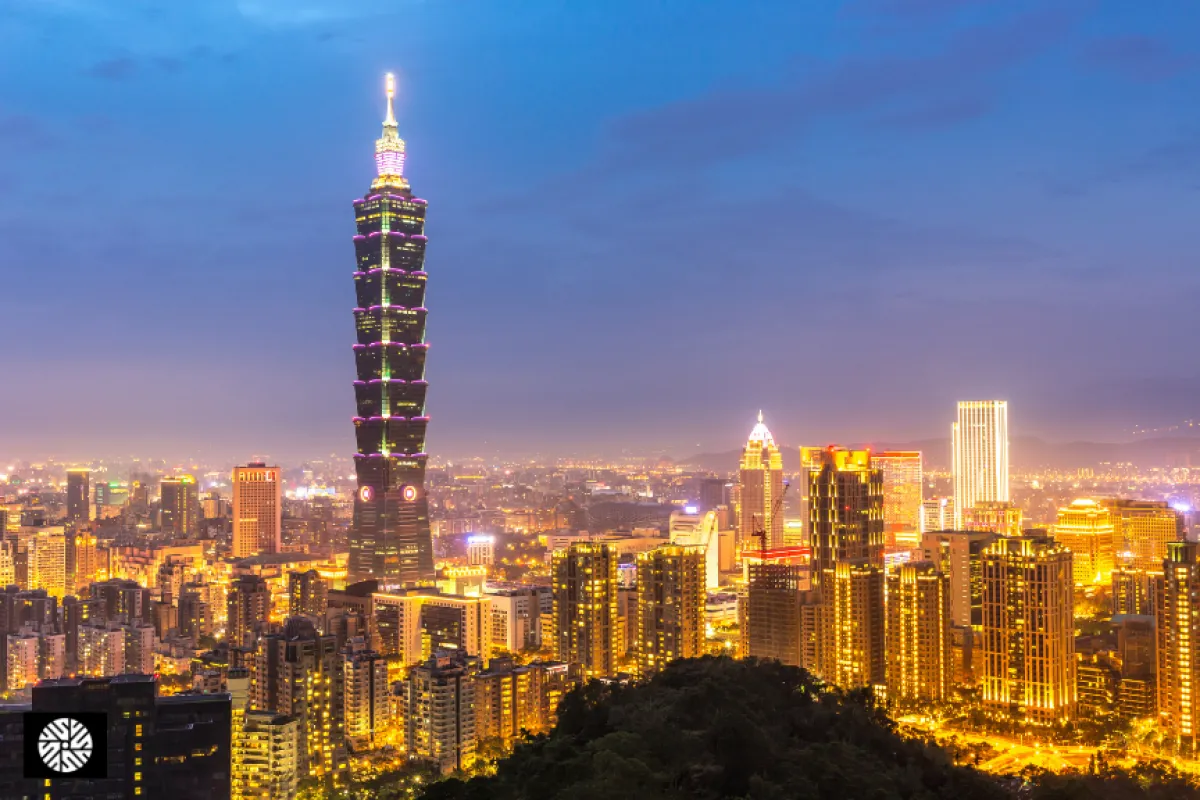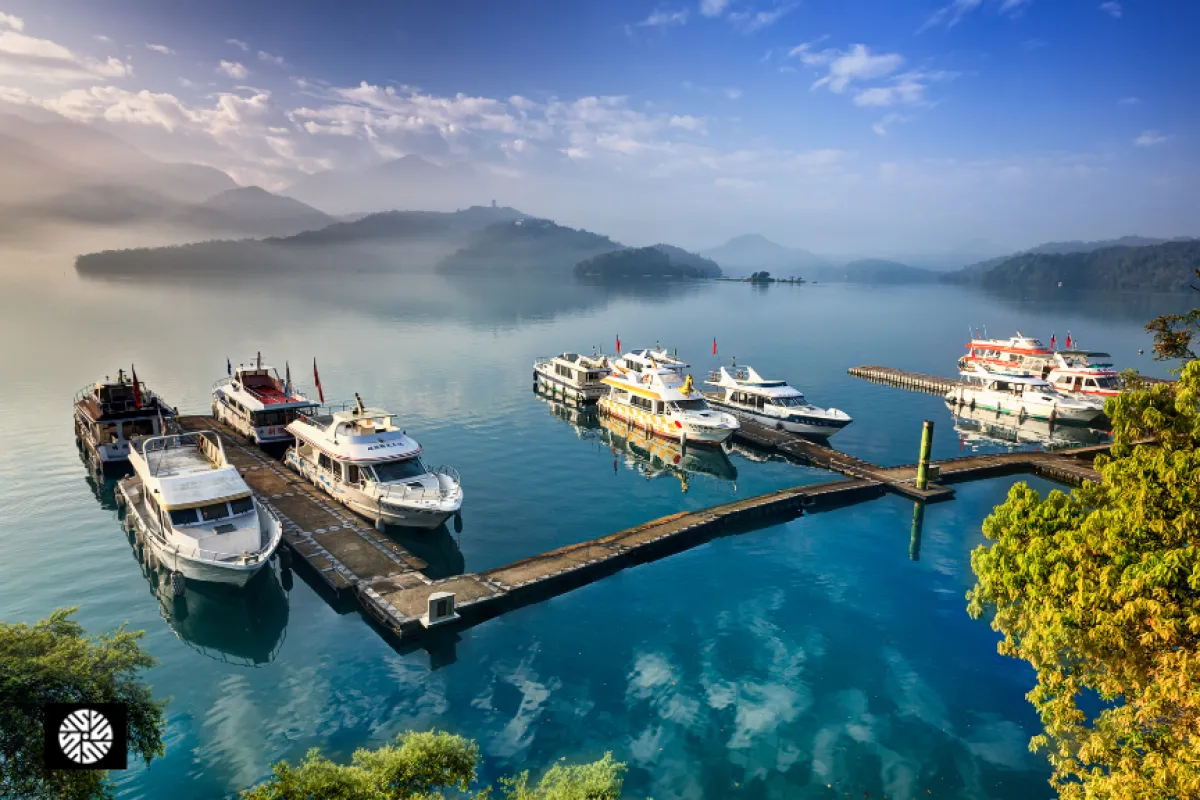Where Is Taiwan? Everything You Need to Know Before Visiting
November 02, 2025
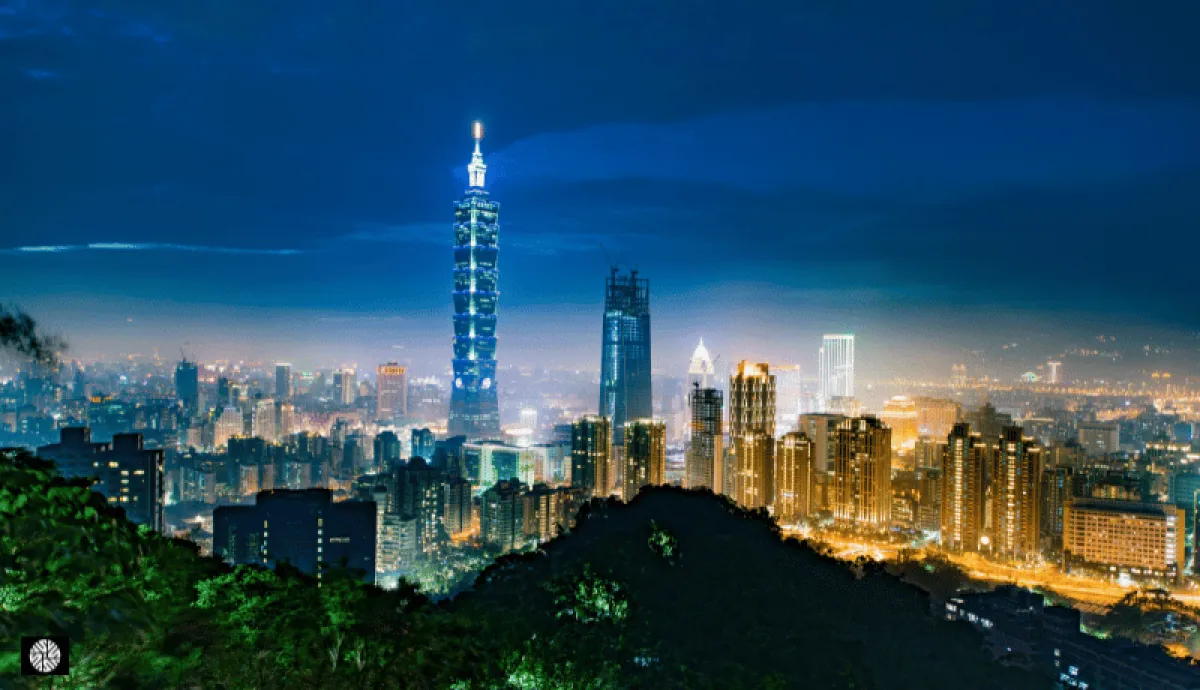
Taiwan: The Heart of Asia's Tech Revolution
Imagine a small island that makes many of the world’s computer chips, has amazing cities, and still keeps old temples and delicious bubble tea. This is Taiwan in 2025. It has 23 million people and is famous for technology and friendly culture.
But where is Taiwan? Taiwan is in East Asia, about 160 kilometers from China’s southeast coast. It is close to Japan and South Korea. Even though Taiwan is small, it is very strong in innovation and has many fun places to explore.
Geography That Will Blow Your Mind
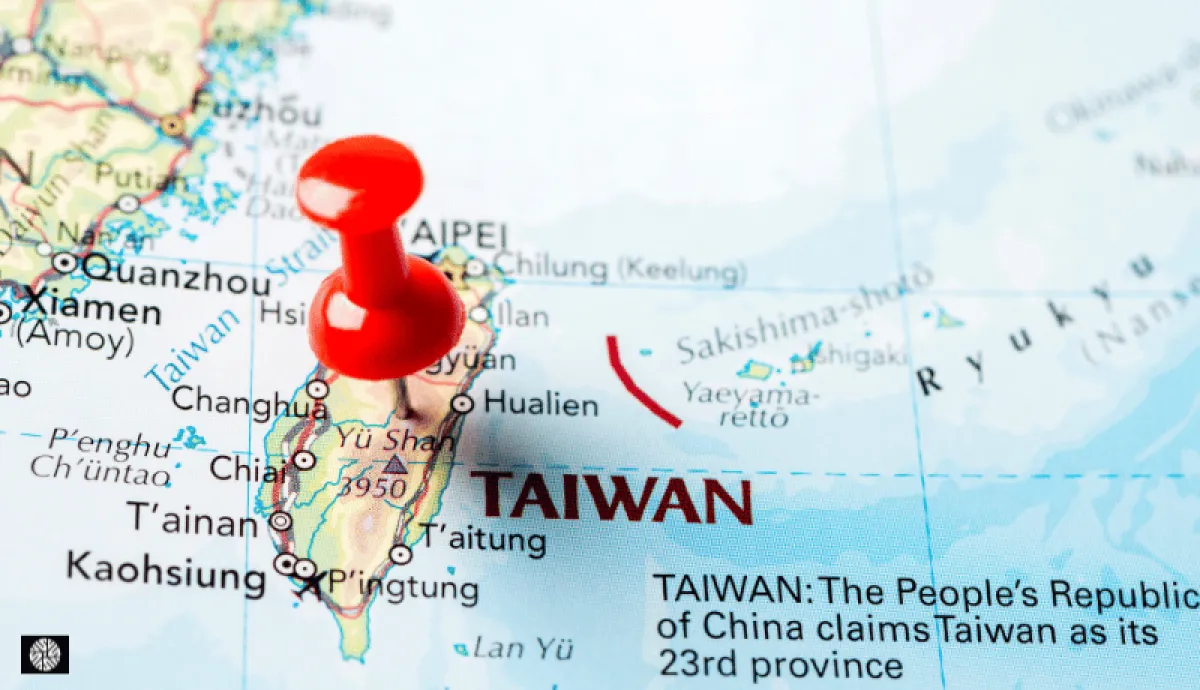
Taiwan’s geography is very cool. The island is 394 km long from north to south, but it has many different landscapes. You can hike in the mountains in the morning and visit a sunny beach in the afternoon.
The Central Mountain Range covers most of Taiwan, with many peaks over 3,000 meters. Yu Shan (Jade Mountain) is 3,952 meters, the tallest mountain in Northeast Asia. Because of the mountains, Taiwan gets lots of rain, which makes the forests green and beautiful.
The west side of Taiwan has big plains where farmers grow pineapples, mangoes, and fresh seafood. The east side has tall cliffs that drop into the Pacific Ocean. People love surfing there. Taiwan also has many small islands like Penghu, Kinmen, and Matsu, each with special history and scenery.
Taiwan's Size: Small But Mighty
| Country | Area (km²) | Population Density | Forest Cover |
|---|---|---|---|
| Taiwan (TW) | 36,193 | 640 people/km² | 60% |
| Netherlands (NL) | 41,543 | 420 people/km² | 11% |
| Japan (JP) | 377,975 | 340 people/km² | 68% |
Taiwan is almost the size of the Netherlands, but it has amazing nature and more than 4,000 types of plants. Many unique animals also live here. Even though Taiwan has many people living close together, it still keeps clean forests and fresh air.
Because Taiwan is small, traveling is very easy. You can drive from Taipei to Kaohsiung in 4 hours, or take the High Speed Rail in 90 minutes. You can visit mountains, beaches, and big cities all on the same day.
The Three Faces of Taiwan's Major Cities
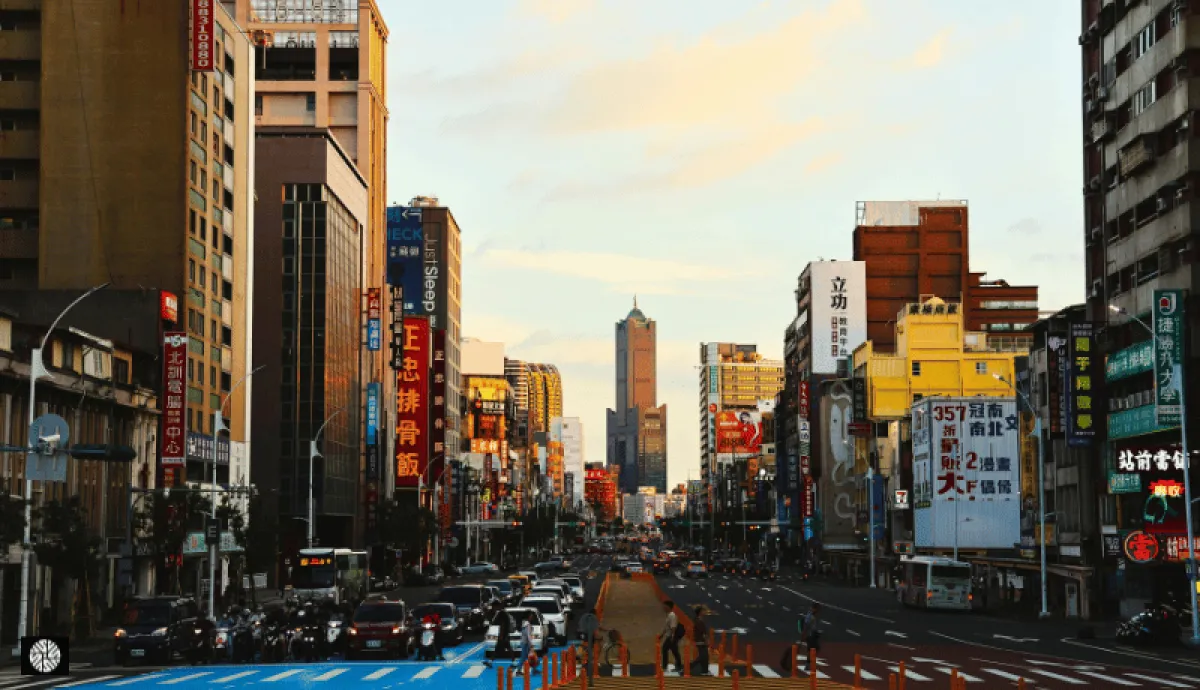
Taipei: Where Tradition Meets Tomorrow
Taipei is Taiwan’s capital with 2.6 million people. The city mixes old and new. You can walk in historical streets, visit night markets, and then go to the top of Taipei 101. Ximending is full of shops, street art, and bubble tea.
Taichung: The Cultural Heart
Taichung has 2.8 million people and is famous for culture. It has big museums, art streets, and great food. Sun Moon Lake is close by for weekend trips. Many people say Taichung feels warm and traditional.
Kaohsiung: The Southern Gateway
Kaohsiung has 2.7 million people. It has a relaxed vibe, with a beautiful river, art centers, and tasty seafood. It’s also the best place to start trips to Kenting’s beaches and hot springs.
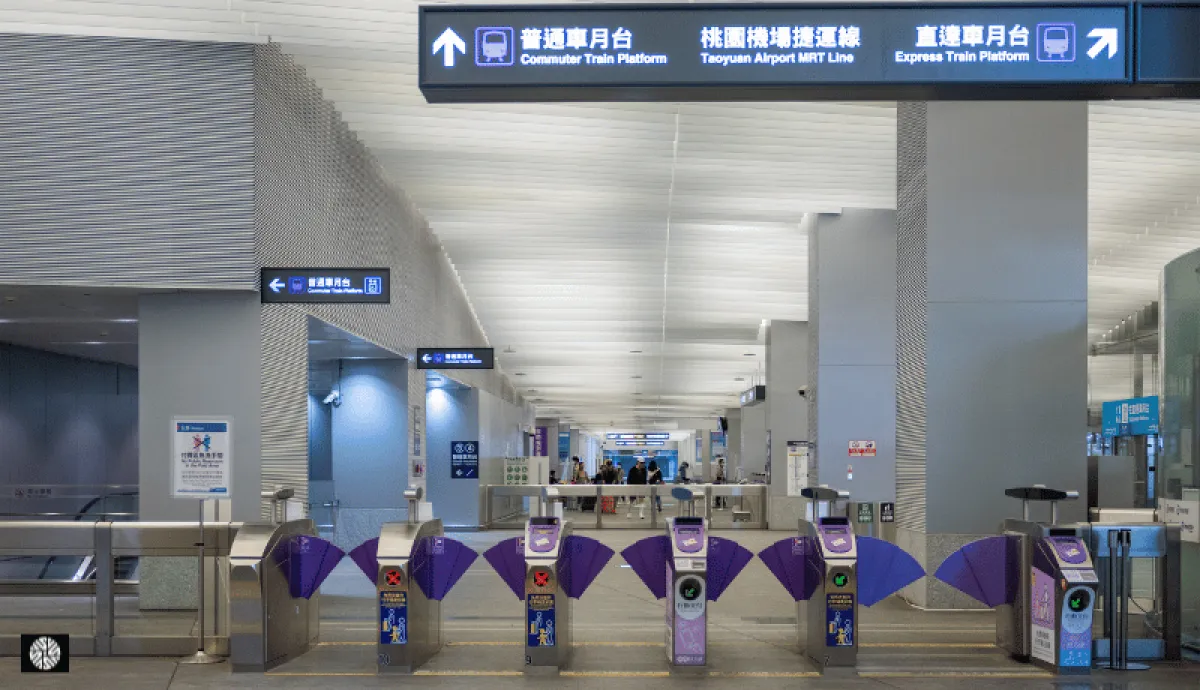
Why Taiwan Deserves Your Next Trip
Taiwan is now very popular for tourism. People from many countries can enter without a visa. English signs are common, and transportation apps make travel easy.
Taiwan’s food is amazing. Bubble tea started here, and you can find everything from fancy restaurants to very clean street food. Night markets are fun places where families eat and talk.
Taiwan is one of the safest places in Asia. It also has strong earthquake systems and good hospitals.
Many people visit Taiwan for health check-ups. New Dawn Health helps travelers get full-body scans and wellness exams at lower prices than in the US, with English-speaking staff.
Taiwan’s culture is special. Indigenous tribes keep old traditions, and cities mix Chinese, Japanese, and Western influences. Taiwan is also very friendly to LGBTQ+ travelers.
Real Stories That Will Inspire You
Sarah from California came for work but stayed for six months. She said, “Taiwan surprised me. The air was clean, people were honest, and the coffee was amazing.”
Taiwan is also famous for semiconductors. After the 1970s, the government invested in chip research. Today, companies like TSMC make chips for iPhones and Teslas.
Taiwan is very strong during disasters. After a big earthquake in 1999, Taiwan built one of the best warning systems in the world.

Planning Your Taiwan Adventure
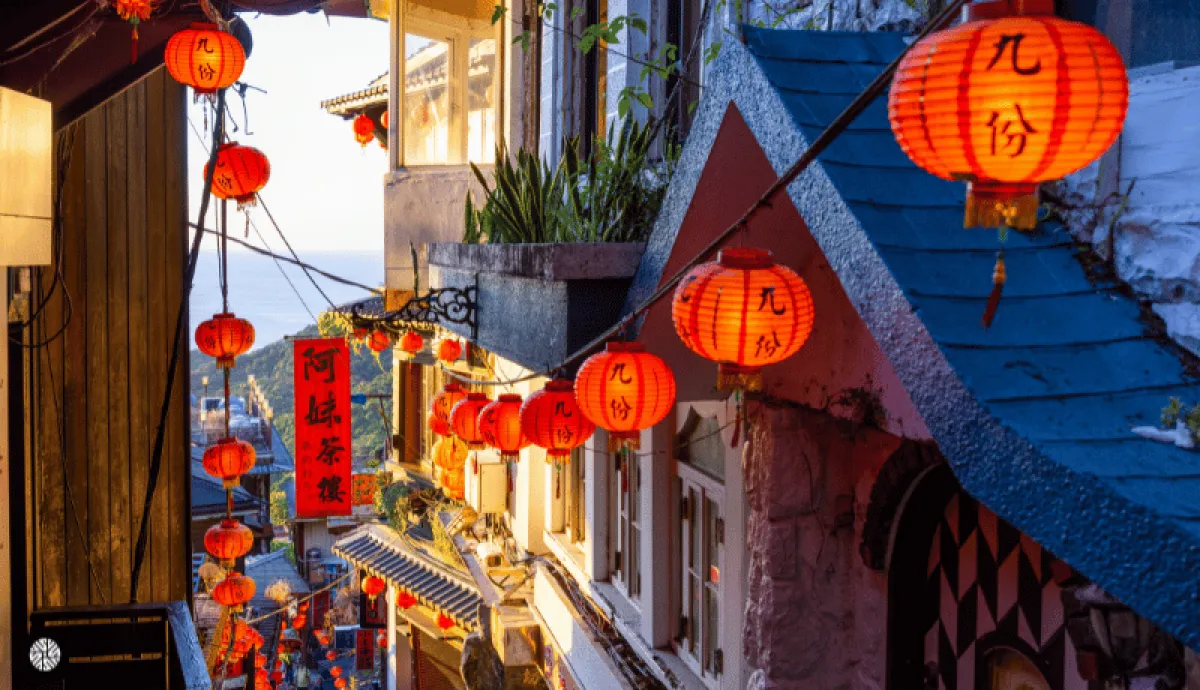
If you want to explore Taiwan, start in Taipei, then travel to the east coast for nature. Hualien has indigenous villages, and Jiaoxi has amazing hot springs.
If you care about your health, you can also book a screening with New Dawn Health. Our full-body MRI and wellness packages are affordable and in convenient city locations.
Taiwan is not just a place to visit—it is an exciting experience. Many travelers love it so much they keep coming back.
FAQ: Your Taiwan Questions Answered
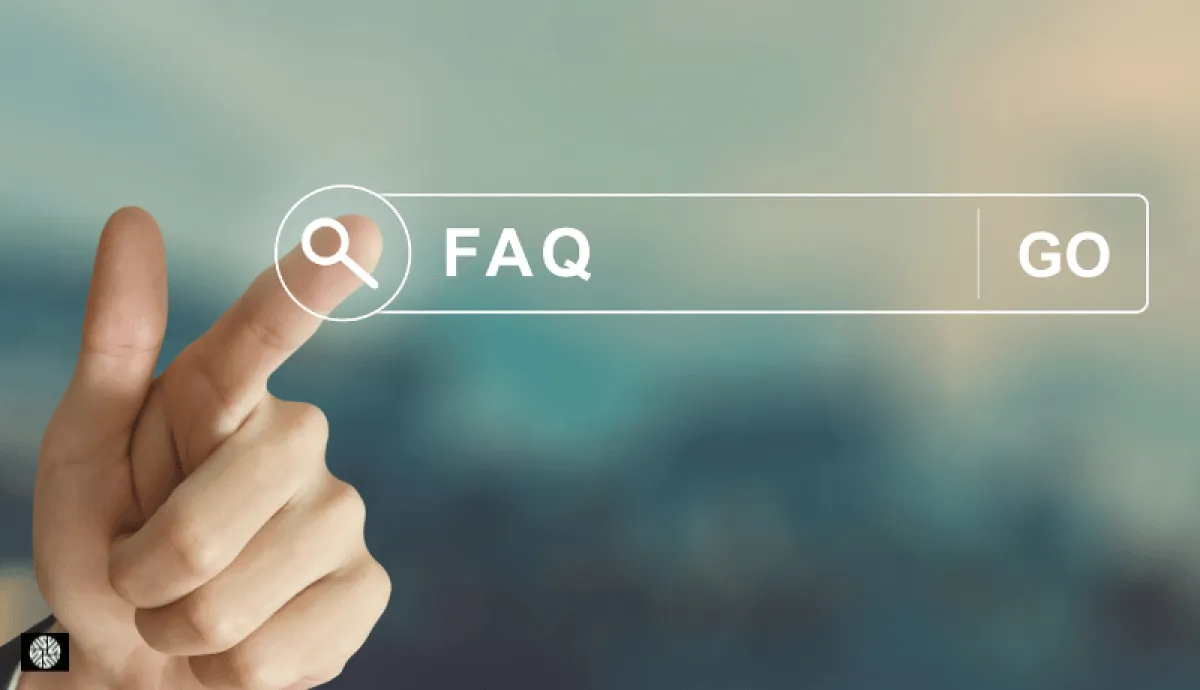
Frequently Asked Questions
Is Taiwan safe for tourists?
Yes! Taiwan has very low crime and great public services.
Do I need a visa to visit Taiwan?
People from over 70 countries can enter for up to 90 days without a visa. Check before you travel.
What makes Taiwan different from other Asian destinations?
Taiwan mixes high-tech industry with beautiful nature and deep culture. You can see tech parks and mountains in the same day.
Essential Travel Tips

- Best Time to Visit: October to April has nice weather
- Currency: New Taiwan Dollar (TWD). Cards are OK, but bring coins for markets
- Language: Mandarin is official, but many people speak English
- Transportation: MRT in cities and High Speed Rail across Taiwan
- Health: Tap water is safe, but many people drink bottled water. Hospitals are excellent
- Culture: Taiwan is polite—learn simple greetings and remove shoes inside homes
FAQ
Taiwan is an island nation in East Asia, situated off the southeastern coast of China in the western Pacific Ocean. To the west of Taiwan lies the Taiwan Strait, separating it from the Chinese mainland. To the north is the East China Sea, to the east is the Philippine Sea (part of the Pacific Ocean), and to the south is the Bashi Channel between Taiwan and the Philippines. It sits roughly between north latitude 21°45′ and 25°56′ and east longitude 119°18′ and 124°34′ on the globe.
Taiwan is a long, narrow island approximately 394 km (245 miles) from north to south, with a variety of landscapes packed into a small area. The east side is dominated by steep, rugged mountains (including the Central Mountain Range), and the west side features fertile plains, rolling hills, and cities. Two‑thirds of the island are mountainous, and the highest point is Yu Shan (Jade Mountain) at about 3,952 meters (12,966 feet) above sea level — the tallest peak in Northeast Asia.
No — Taiwan is more than just the main island. It also includes several archipelagos and smaller islands such as the Penghu Islands (in the Taiwan Strait), and other island groups like Kinmen and Matsu near the China coast. These islands each have their own local culture and scenery, adding to Taiwan’s mix of geographic and cultural diversity.
